HSLS offers classes on database searching, software applications such as Prezi, bibliographic management, molecular biology and genetics, and library orientations. For more information, visit the online course descriptions.
Classes are held on the first floor of Falk Library (200 Scaife Hall) in Classroom 1 and on the upper floor of the library in Classroom 2. All classes are open to faculty, staff, and students of the schools of the health sciences at the University of Pittsburgh, who will need a valid Pitt ID or e-mail account. They are also open to UPMC residents and fellows, who will need to show their UPMC IDs.
No registration is required, except where noted. Classes marked with an asterisk (*) qualify for American Medical Association Category 2 continuing education credit.
Class schedules are subject to change. Please consult the online class calendar for the most current information.
FlashClass
FlashClass is a “deal of the week” Groupon-like offer of timely and useful learning. Each week’s offer proposes one or two topics, and you’re invited to sign up to attend a one-hour class the following week. If at least three people sign up, we’ll hold the class. (We’ll notify you either way.)
HSLS CLASSES
Advanced PowerPoint for Presentations (Falk Library Classroom 2)
| Monday, July 27 |
1:30-3 p.m. |
|
EndNote Basics (Falk Library Classroom 2)
| Thursday, July 16 |
10 a.m.-noon |
|
Focus on Behavioral Medicine: Searching in PsycINFO (Falk Library Classroom 1)
| Wednesday, July 22 |
9-10:30 a.m. |
|
Painless PubMed* (Falk Library Classroom 1)
| Wednesday, July 1 |
Noon-1 p.m. |
| Friday, July 10 |
11:30 a.m.-12:30 p.m. |
| Monday, July 13 |
9:30-10:30 a.m. |
| Tuesday, July 21 |
11 a.m.-noon |
| Wednesday, July 29 |
8-9 a.m. |
PowerPoint for Conference Posters (Falk Library Classroom 2)
| Tuesday, July 21 |
1:30-3 p.m. |
|
MOLECULAR BIOLOGY AND GENETICS RESOURCES
Pathway Analysis Tools* (Falk Library Classroom 2)
| Wednesday, July 8 |
1-3 p.m. |
CUSTOMIZED CLASSES
Customized classes can be developed for your department, course, or other group.
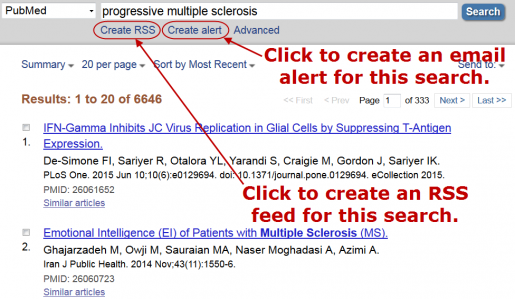



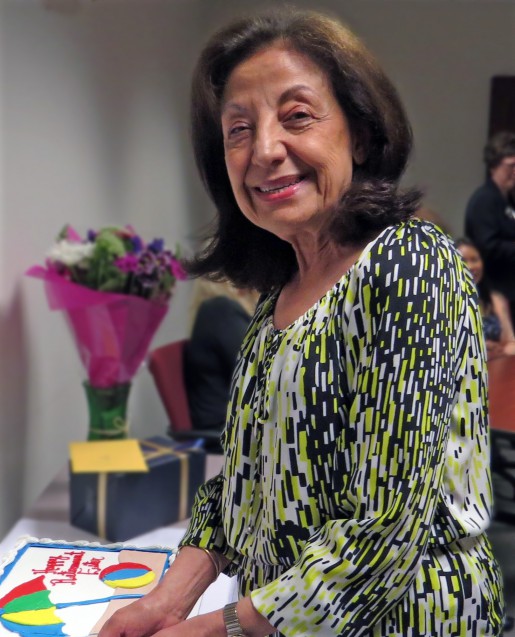
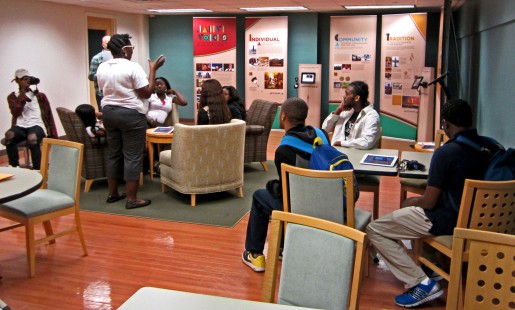
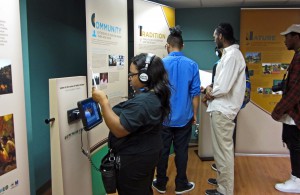
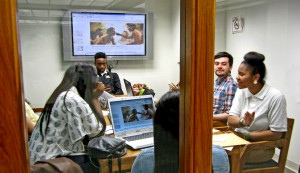
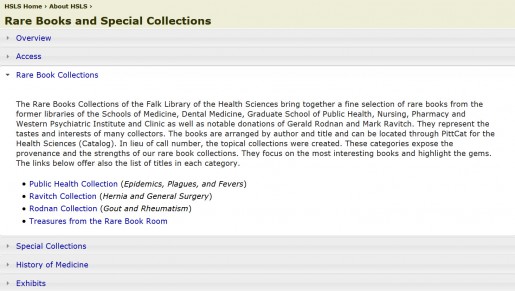
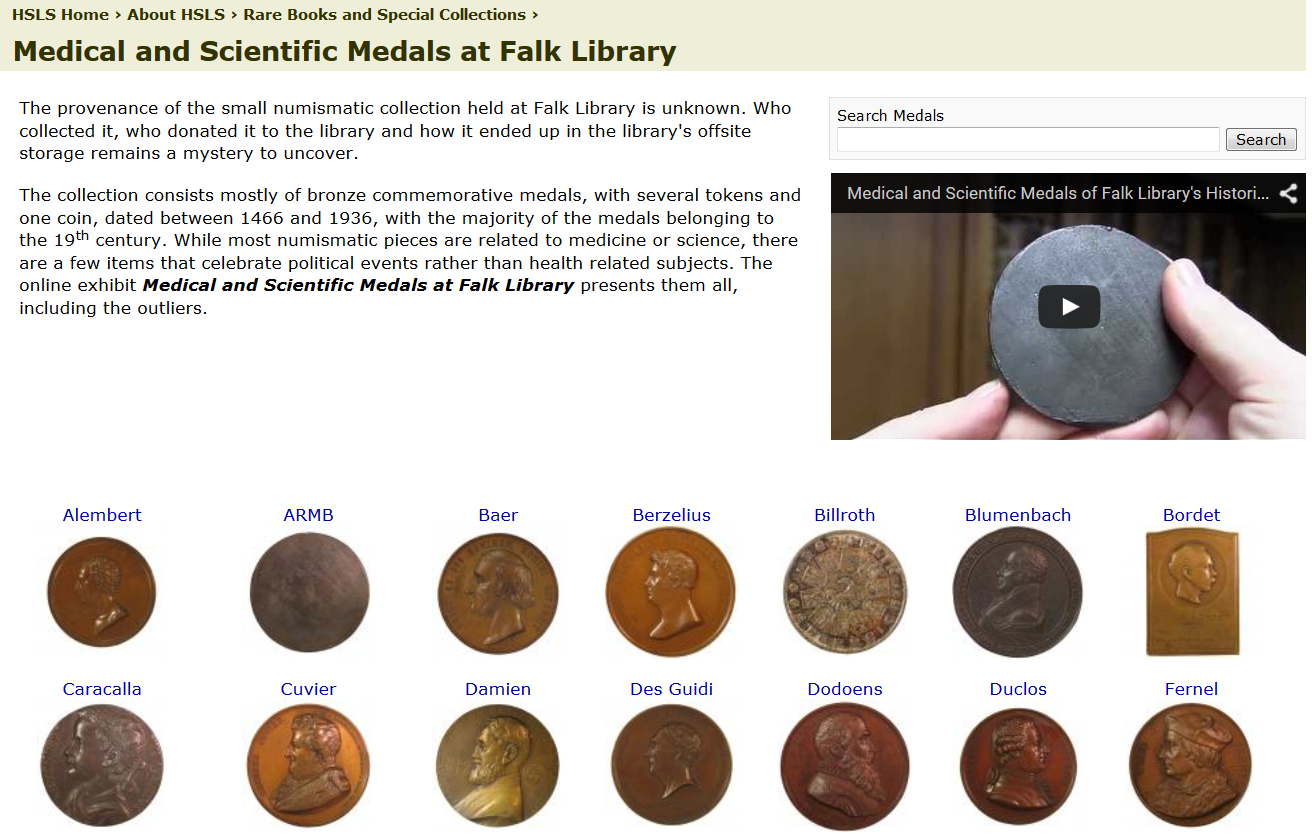
 A spectacular glass mosaic, featuring the Cathedral of Learning, now graces Falk Library’s entry way. This one of a kind piece was created by notable local artist Daviea Davis as part of her Pillars of Light Project.
A spectacular glass mosaic, featuring the Cathedral of Learning, now graces Falk Library’s entry way. This one of a kind piece was created by notable local artist Daviea Davis as part of her Pillars of Light Project.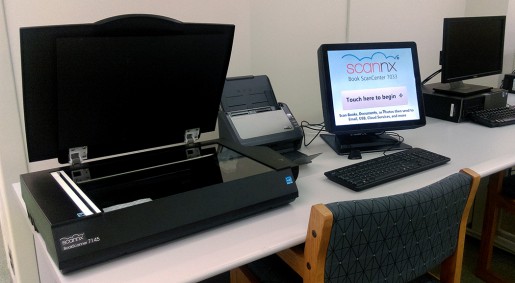

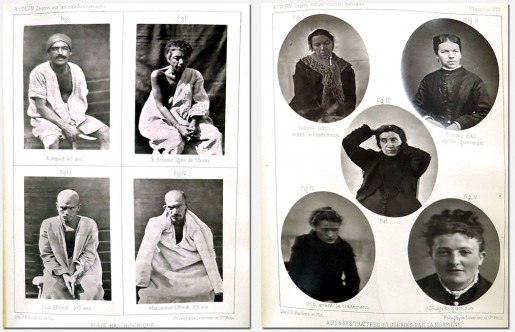
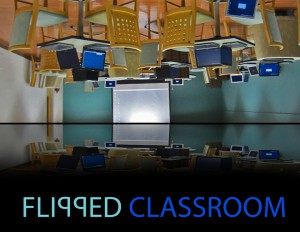 Each year the library is offered an opportunity to introduce PubMed to first year medical students. As we began planning this year’s session, we decided to use the opportunity to deliver the instruction in a different way. Innovative methods of instruction are often discussed within the library community, one of which is the idea of a “flipped classroom.” A flipped classroom is a model of teaching where the lecture is viewed by students prior to class. Class time is then used for other learning activities.1 According to Youngkin, implementing a flipped classroom in medical education can be more efficient, more flexible, and lead to improved performance.2
Each year the library is offered an opportunity to introduce PubMed to first year medical students. As we began planning this year’s session, we decided to use the opportunity to deliver the instruction in a different way. Innovative methods of instruction are often discussed within the library community, one of which is the idea of a “flipped classroom.” A flipped classroom is a model of teaching where the lecture is viewed by students prior to class. Class time is then used for other learning activities.1 According to Youngkin, implementing a flipped classroom in medical education can be more efficient, more flexible, and lead to improved performance.2